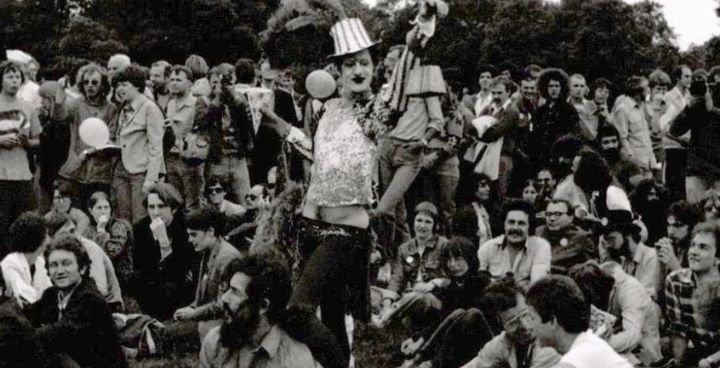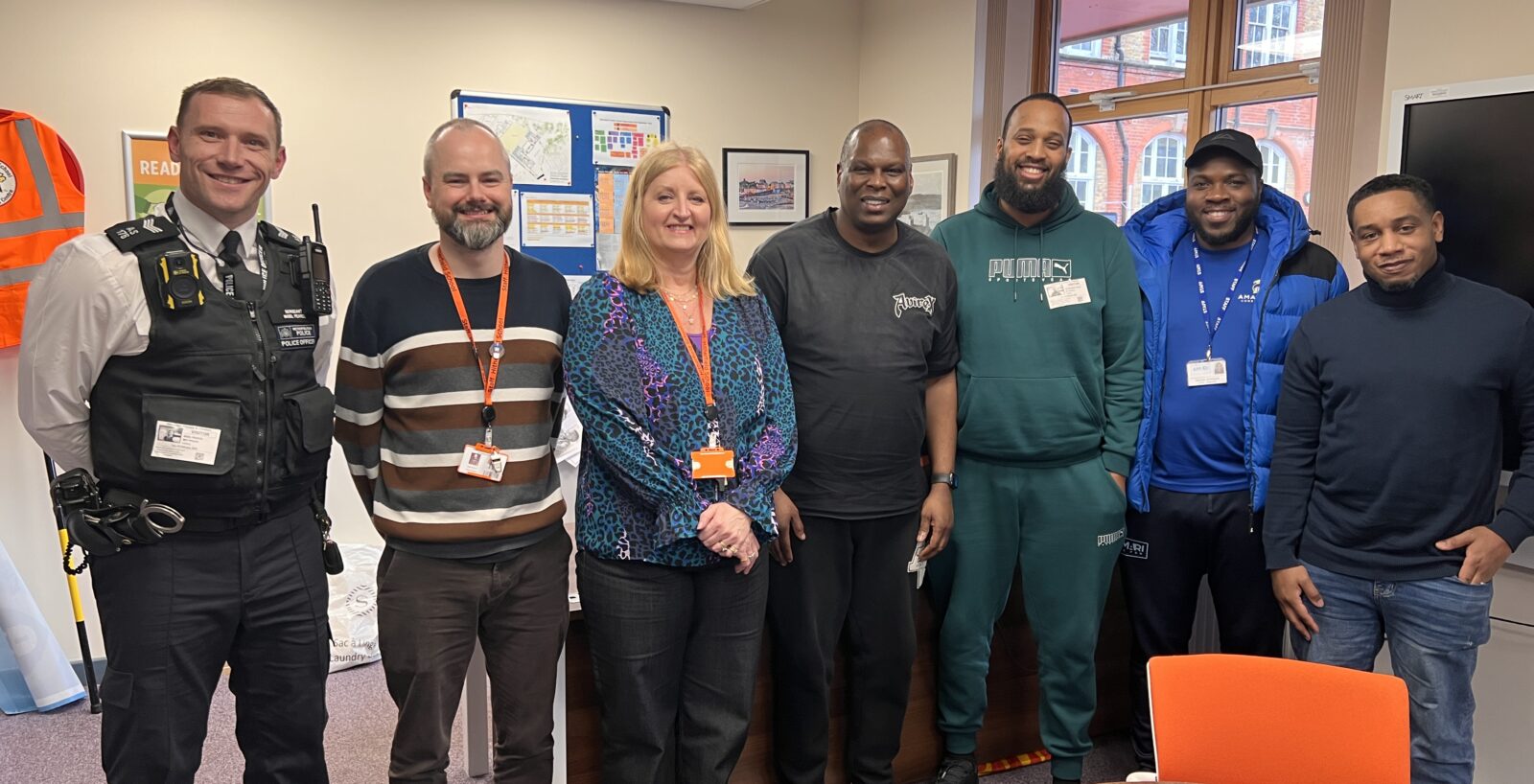
Lambeth has long been the home to radicals, reformers, and innovators – people who changed history by campaigning, protesting, making things better in the lives of other people.
We’re following Lambeth taking part in Pride by sharing the stories of people from the LGBTQ+ community who have been – and still are – active in helping to make Lambeth a borough of equity and justice.
1970s Lambeth was full of slum clearance blocks scheduled for demolition or renovation with no plans to create homes for young, single people. Julian Hows was one of the squatters who started housing co-ops that are still in business, and an LGBTQ+ community that’s still growing.
Young LGBTQ+ activist community
“I came out aged 14 when I got thrown out of school as a ‘corrupting influence’. From that squat in Railton Road we started what I think was London’s first Gay centre.
“It was that young Lambeth LGBTQ community that organised Pride marches until the mid-80s. It was all community activism – protesting against Ian Paisley and Manchester Police’s James Anderton, welcoming the Anti-Nazi League.
“We took over the Ritzy for the first all-night gay movie marathon. We took over the Town Hall for dances and fundraisers.
Squats and co-ops creating homes for people
“We formed a housing co-op, sold £1 shares, and started negotiating with Lambeth Council to buy properties. There were squats in Vauxhall, Somerleyton road, Bonneville square – all creating housing for young single people who weren’t priority for council housing.
The road ahead
“Diversity and inclusion is a long road, and freedoms can be taken away so easily. While schoolkids wondering about their sexuality are treated as political footballs, we must never rest.”



